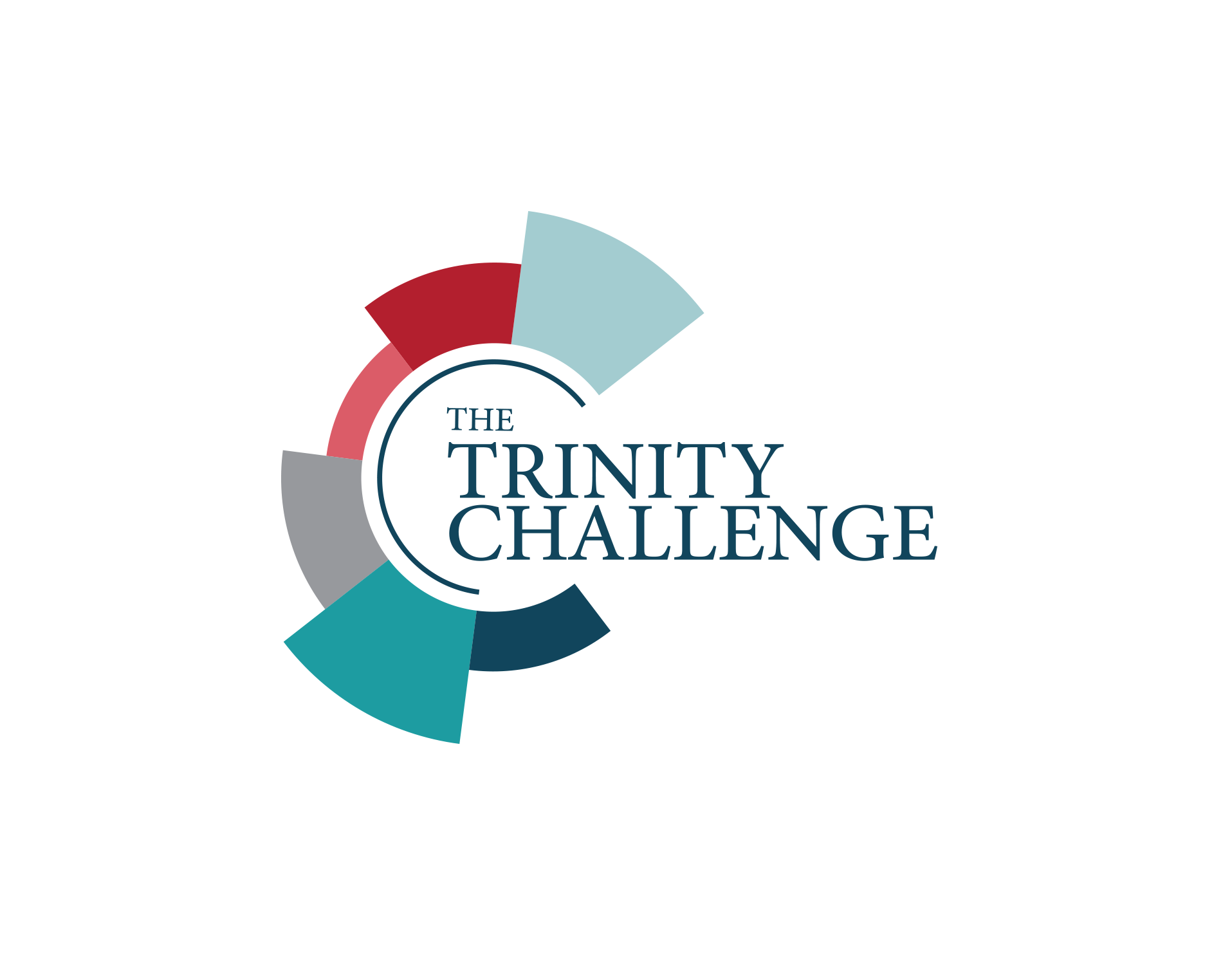
Submitted by Administrator on Fri, 25/06/2021 - 19:22
BloodCounts! - an international consortium of scientists, led by Professor Carola-Bibiane Schönlieb of the Department of Applied Mathematics and Theoretical Physics at the University of Cambridge, has been awarded a substantial prize by the Trinity Challenge to further develop their innovative infectious disease outbreak detection system.
The loss of 3.8 million lives in the ongoing COVID-19 pandemic has highlighted that there is a critical need for simple, affordable, and scalable technologies for early detection of novel emerging infectious disease outbreaks. To drive development of these tools the Trinity Challenge, a global call for solutions to this problem, was set.
The BloodCounts! solution, developed by Dr Michael Roberts and Dr Nicholas Gleadall, uses data from routine blood tests and powerful AI-based techniques to provide a “Tsunami-like” early warning system for novel disease outbreaks.
Dr Roberts from the University of Cambridge - Since the beginning of the pandemic I have been developing AI-based methods to aid in medical decision making for COVID-19 patients, starting with analysis of Chest X-ray data. Echoing the observations made by the clinical teams, we saw profound and unique differences in the medical measurements of infected individuals, particularly in their full blood count data. It is these changes that we can train models to detect at scale.
Unlike many current test methods their approach doesn't require any prior knowledge of a specific pathogen to work, instead, they use full blood count data to exploit the pathogen detecting abilities of the human immune system by observing changes in the blood measurements associated with infection.
As the full blood count is the world’s most common medical laboratory test, with over 3.6 billion being performed worldwide each year, the BloodCounts! team can rapidly apply their methods to scan for abnormal changes in the blood cells of large populations - alerting public health agencies to potential outbreaks of pathogen infection.
This unique solution is a powerful demonstration of how the application of AI-based methods, built upon rigorous mathematics, can lead to huge healthcare benefits when applied in many areas of medicine. It also highlights the importance of strong collaboration between leading organisations, as the development of these algorithms was only possible due the EpiCov data sharing initiative pioneered by Cambridge University Hospitals.
Dr Gleadall from the University of Cambridge and NHS Blood and Transplant - We realised that hundreds of millions of full blood count tests were being performed every day worldwide, and this meant that we could apply our AI-methods at population scale. Usually the rich measurement data are discarded after summary results have been reported, but by working with Cambridge University -, Barts Health London -, and University College London - NHS Hospitals we have rescued throughout the pandemic the rich data from 2.8 million full blood count tests.

Figure 1: With members from Belgium, The Gambia, Ghana, Japan, Kenya, Hong Kong, India, the Netherlands, Singapore, South Africa, the UK and USA and now with support from the Trinity Challenge, the BloodCounts! team can take their solution globally.
Professor Bryan Williams, the Director of the NIHR University College London Hospitals Biomedical Research Centre who was an early supporter of applying AI to the full blood count data, said - “The BloodCounts! approach has huge potential and if this works, it could provide a readily scalable and cheap population surveillance method for outbreak detection of SARS-CoV-2 and other viruses. A major advantage is that the NHS already performs more than 100 million FBC tests every year, with over half of these performed by general practitioners in the community, so the programme aims to get more information from tests we already perform”

